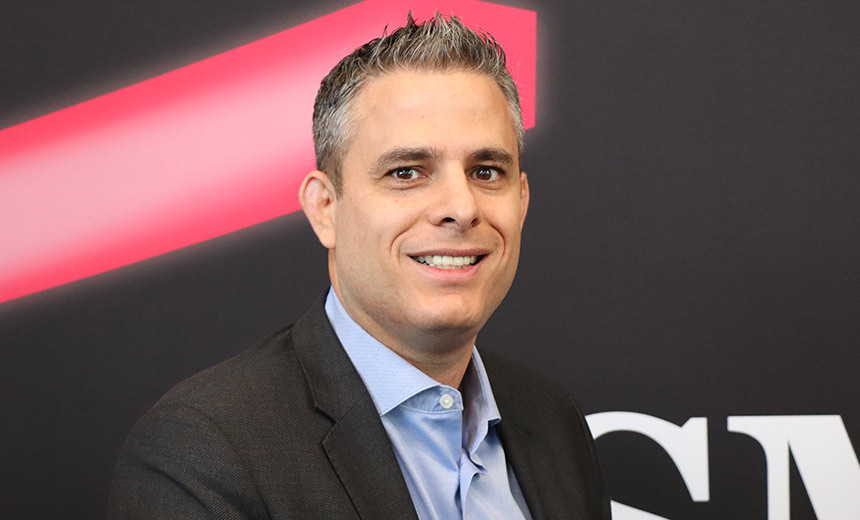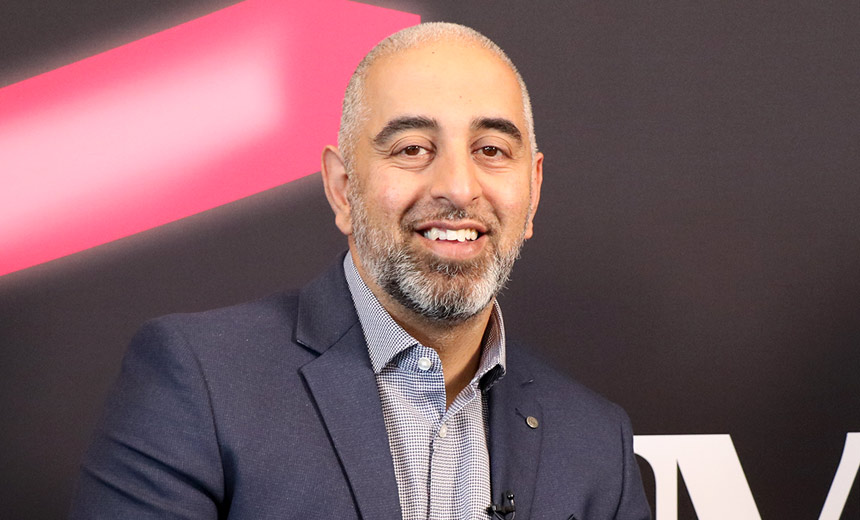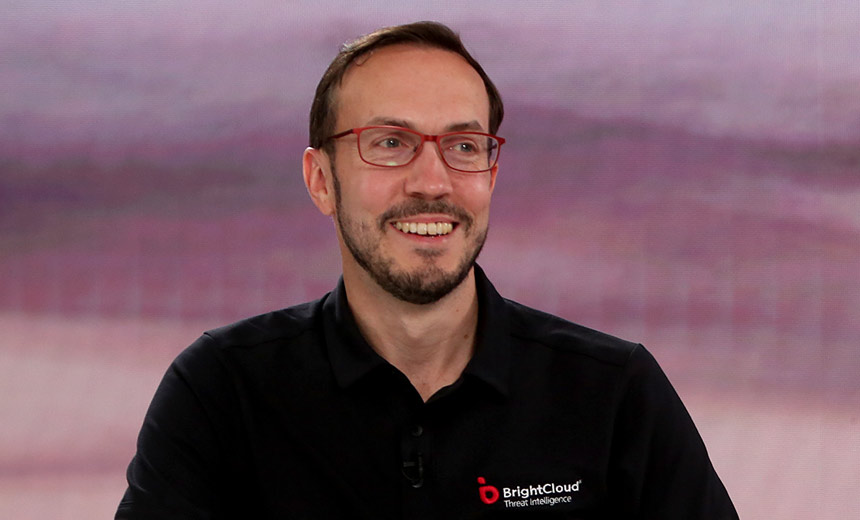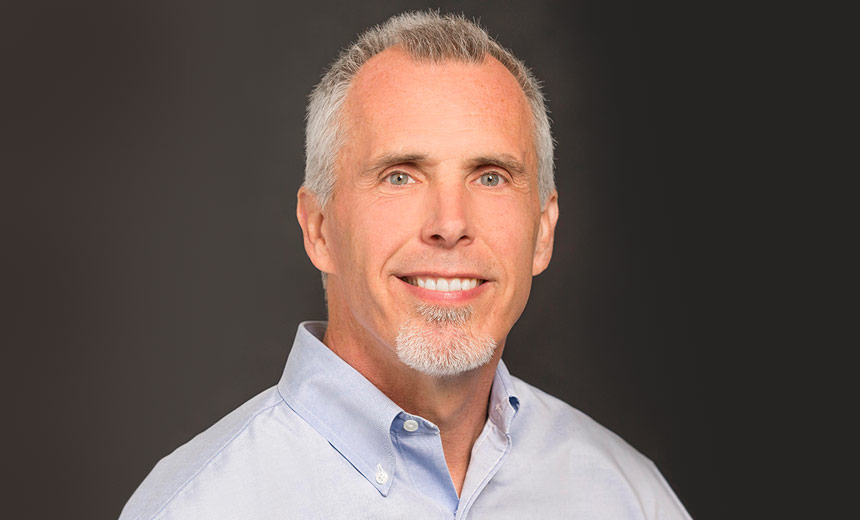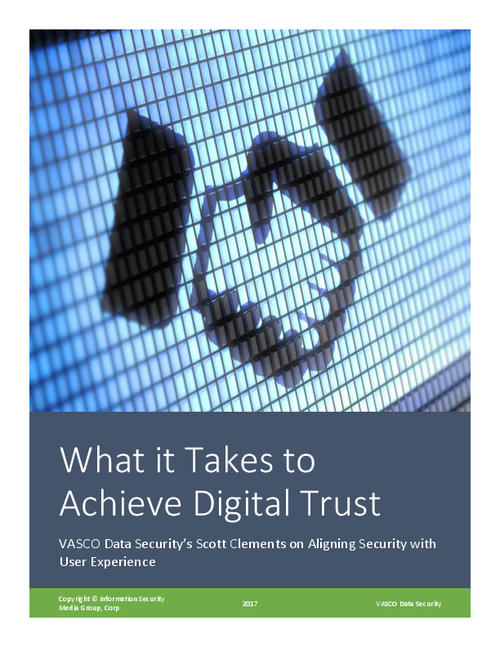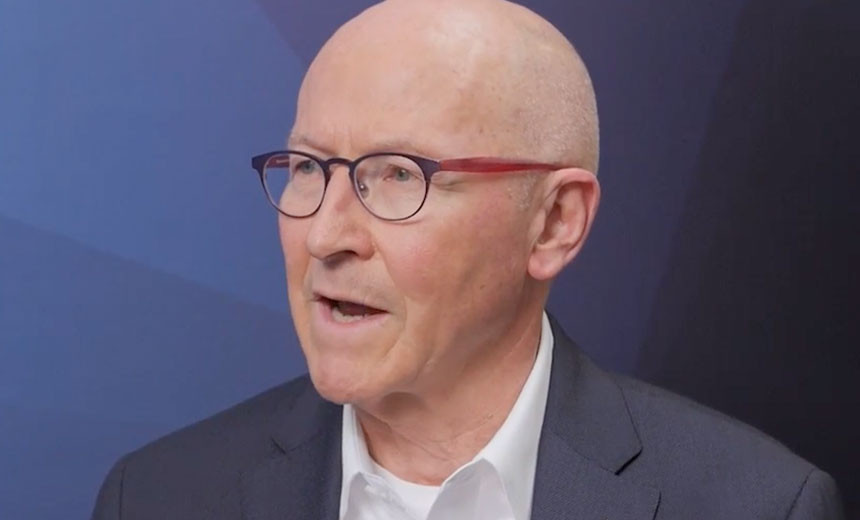Access Management , Events , Governance & Risk Management
How Zero Trust Keeps Users, Applications and Data Protected
Paul Martini, iboss CEO, on How Zero Trust and Security Service Edge Work TogetherBusinesses have embraced zero trust architectures in an effort to increase their protection while reducing cost and complexity for the organization, according to iboss CEO Paul Martini. Martini says companies are turning to zero trust to more effectively protect their users, applications and data.
See Also: Visibility Into Distributed Cloud Environments
In a video interview with Information Security Media Group at RSA Conference 2022, Martini also discusses:
- How zero trust aligns with the NIST SP 800-207 standard;
- How security service edge can deliver zero trust defense;
- The potential for zero trust architecture to replace VPNs.
Martini holds more than 230 patents in cloud cybersecurity and is a trusted expert on zero trust, a modern cybersecurity architecture designed to prevent ransomware, breaches and data loss by making all applications private. He has been recognized for his leadership and innovation, receiving the Ernst & Young Entrepreneur of the Year award and being named one of Goldman Sachs' 100 Most Intriguing Entrepreneurs. Martini's work has been published in many scientific journals, including the Journal of Foundations in Computer Science and the Journal of Analytical Biochemistry.

